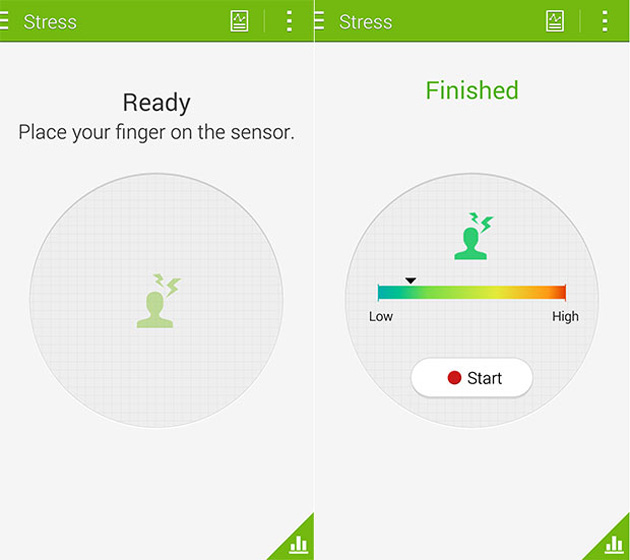Google has been tweaking its self-driving car project for years, but now it's taking another big step. Later this summer it will start testing prototype vehicles it's designed from the ground up, instead of merely retrofitting existing vehicles. Announced tonight the the Code Conference, the new prototypes aren't equipped with a steering wheel, mirrors, pedals or other vestiges of vehicles gone by, and for now are limited to a maximum speed of 25MPH. As explained in an early preview to Re/code, the car is driven entirely by computer, with backup automated systems for brakes and steering that would take over in case of a failure of the primary setup. So far, Google says it's not planning to sell the vehicles itself, but is looking for "friends and partners to bring them to market. Following rumors from late last year, the automated cars could partner with a "friend" like Uber for a delivery service that runs on autopilot.
Read more..
via Engadget RSS Feed http://ift.tt/1nynk3T


